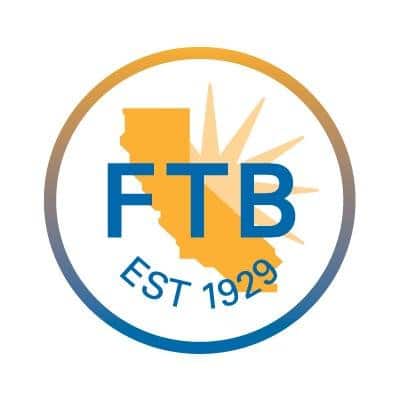
Lists can sometimes be fun. David Letterman made a career out of his witty top 10 lists. College football fans like seeing where their favorite teams fall on the Top 25 polls. Netflix viewers may like perusing the Netflix Top 10 list to see which series they should binge watch next. One list that is not so fun is the California Franchise Tax Board’s Top 500 Delinquent Taxpayer list.
Top 500 Delinquent Taxpayer List
The California Franchise Tax Board (FTB) publishes the names and addresses of the taxpayers with the top 500 “delinquencies” owed to the state. There is a Top 500 list for business entities as well as a Top 500 list for individual taxpayers. The consequences of being on the list can be more than just potential embarrassment. (The Franchise Tax Board usually files notices of state tax liens against taxpayers appearing on the list. As such, the tax debt of a taxpayer on the list usually becomes a matter of public record.) California may suspend the drivers’ license and professional licenses of individuals on the list, and worse yet, be in the crosshairs of the Franchise Tax Board Collections department making them possibly subject to criminal charges.
As of December 7, 2020, the top individual taxpayer owed more than $5.5 Million to the state and an individual taxpayer who owed just $146,390.19 occupied the very bottom spot. The top business delinquency was over $2.8 Million and the corporation at the bottom of the business entity list owed $192,957.27.
However, not every individual owing more than $146,390.19 or business entity owing more than $192,957.27, appears on the FTB Top 500 list. Individuals who for one reason or another are unable to pay their tax balances with the California Franchise Tax Board can still get themselves off the Top 500 list. Perhaps more importantly, they can also maintain their drivers’ license as well as professional licenses such as contractors’ license, law license, cosmetology license, and/or a medical license.
The FTB’s primary aim when dealing with a taxpayer who owes money is usually not to punish the taxpayer or attempt to collect the tax debt by force. Its primary goal is usually to get the taxpayer’s attention and to have the Taxpayer come forward and arrange to pay off the tax delinquency. The FTB has tools at its disposal to get a taxpayer’s attention like sending threatening letters or issuing bank levies. The FTB 500 list and the FTB’s authority to revoke licenses are additional tools the FTB can use to get taxpayer’s attention. FTB does not usually permanently revoke a delinquent taxpayer’s licenses, as doing so would prevent the taxpayer from earning money to service the FTB debt.
If you owe a tax debt to the California Franchise Tax Board, the best course of action is to make payment arrangements with the Franchise Tax Board – sooner rather than later. Making payment arrangements with the FTB may not only save you the potential embarrassment of being on the FTB’s top 500 list, but it can also save your driver’s license and livelihood.
Even if you do not owe the FTB anywhere close to $100,000, it would still behoove you to arrange a payment plan to avoid potential consequences like wage garnishments, bank levies, and tax liens. The FTB zealously collects “small” tax debts from people of all income levels. Nobody is “too small” for the FTB to ignore.
If you have any issues with the Franchise Tax Board, give our offices a call. We have helped hundreds of clients successfully manage their FTB Tax problems. We can help you make the best possible payment arrangement with the FTB so you can move forward.

Leave a Reply